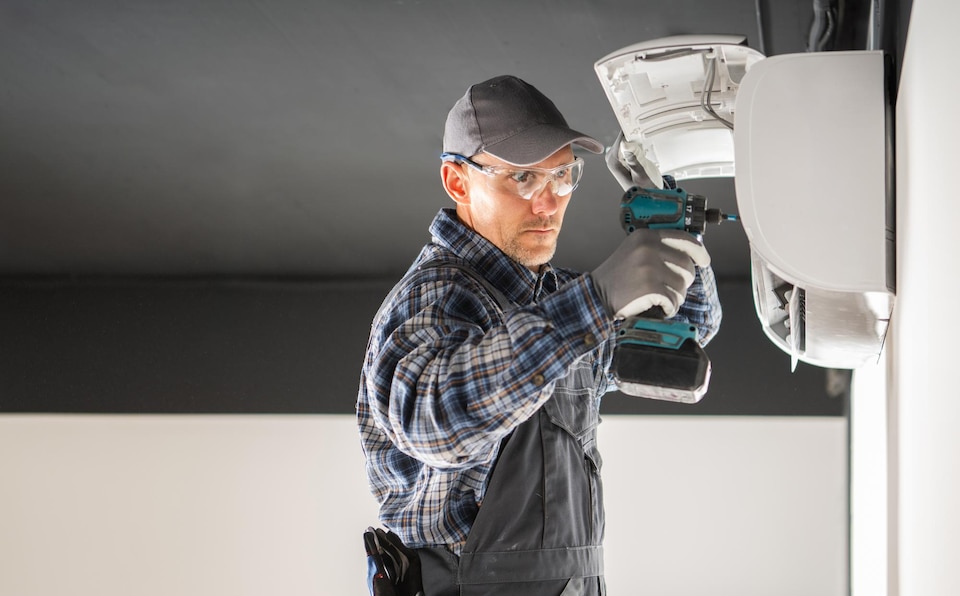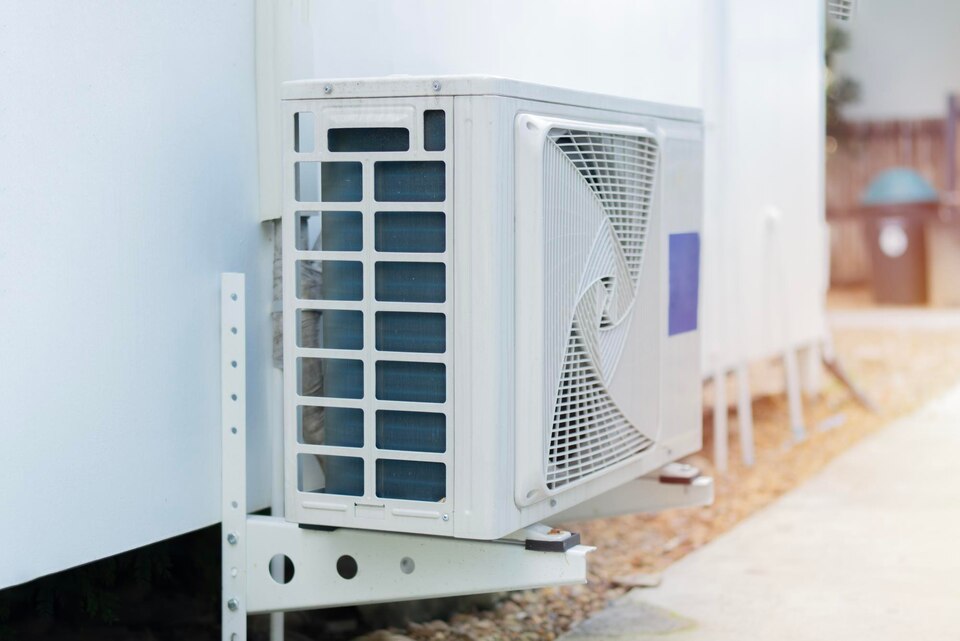In commercial buildings, maintaining an efficient and effective HVAC system is crucial for ensuring a comfortable and controlled indoor environment. One key component that significantly contributes to the efficiency of these systems is the chiller. Chillers play an essential role in cooling large spaces by removing heat from the building and releasing it outside. Understanding how chillers work and their advantages can help facility managers make informed decisions that enhance HVAC performance and energy savings.
Chillers come in various types and configurations, each offering specific benefits suited to different applications. From air-cooled to water-cooled systems, choosing the right chiller depends on factors such as building size, cooling needs, and energy efficiency goals. Moreover, regular maintenance and proper operation are critical for maximizing the performance and longevity of chiller systems. Adopting best practices in chiller maintenance helps prevent costly repairs and ensures the system runs at peak efficiency, which directly impacts the overall performance of the HVAC system.
How Chillers Enhance HVAC Efficiency in Commercial Buildings
Chillers play a crucial role in commercial HVAC systems by removing heat from the building and transferring it outside. This process is essential for maintaining a comfortable indoor environment and preventing overheating. Chillers help regulate temperature, ensuring that commercial spaces remain cool, especially during warmer months. By efficiently managing the cooling process, chillers reduce the workload on other HVAC components, thereby improving the overall system’s efficiency.
Utilizing chillers in commercial buildings offers significant energy savings. Modern chiller systems are designed to use less energy while delivering optimal cooling performance. They achieve this by leveraging advanced technologies that allow precise control over the refrigeration cycle. As a result, chillers help reduce energy consumption and lower utility bills. Additionally, chillers contribute to a building’s sustainability efforts by minimizing environmental impact through reduced energy usage and greenhouse gas emissions.
Key Components of a Commercial Chiller System
Understanding the key components of a commercial chiller system is critical for optimizing its performance and efficiency. One of the main components is the compressor, which is responsible for circulating the refrigerant through the system. The compressor’s efficiency directly affects the chiller’s performance, making it an essential component to monitor and maintain regularly.
Another vital part is the evaporator, where the refrigerant absorbs heat from the building’s water or air, effectively removing the heat from the indoor environment. The condenser is equally important, as it expels the absorbed heat outside, allowing the refrigerant to cool down before it re-enters the cycle. Additionally, expansion valves control the flow of refrigerant into the evaporator, ensuring consistent cooling performance.
A chiller system also includes control systems that monitor and adjust various parameters to maintain optimal operation. These control systems can detect issues early and alert maintenance teams to address them promptly. Proper management of these components ensures that the chiller operates efficiently, providing reliable cooling while minimizing energy consumption.
Best Practices for Maintaining Chiller Efficiency
To ensure that a chiller operates at peak efficiency, regular maintenance is essential. One of the primary tasks is keeping the heat exchange surfaces clean. Dirt and debris accumulation can impede heat transfer, causing the system to work harder and less efficiently. Routinely cleaning the evaporator and condenser tubes helps maintain optimal heat exchange and overall performance.
Another critical practice is regularly inspecting and tightening electrical connections. Loose or corroded connections can lead to performance issues or even equipment failure. Checking refrigerant levels is equally important. An incorrect refrigerant charge affects the system’s cooling capacity and efficiency. Adjusting the refrigerant levels to the manufacturer’s specifications ensures the chiller functions correctly.
Monitoring the performance of the compressor is also crucial. Any unusual noises or vibrations could be signs of internal issues that require attention. Performing regular checks on expansion valves and control systems helps in maintaining the balance and proper function of the entire chiller system. Implementing these maintenance practices ensures that the chiller operates reliably and efficiently, reducing unexpected breakdowns and extending its lifespan.
Selecting the Right Chiller for Your Commercial HVAC Needs
Choosing the right chiller for a commercial building involves several important considerations. The cooling load, or the amount of heat that needs to be removed, is a primary factor. Properly calculating the building’s cooling load helps in selecting a chiller with the appropriate capacity. Over or under-sizing a chiller can lead to inefficiencies and higher operational costs.
Another consideration is the type of chiller system that best suits the facility’s needs. Air-cooled chillers are easier to install and maintain but may be less efficient than water-cooled systems, which often have higher initial costs but offer better energy performance over time. The specific requirements of the building, such as space limitations and environmental conditions, can help determine which type of chiller is most appropriate.
Additionally, energy efficiency ratings and environmental impact are crucial factors in the decision-making process. Opt for chillers with advanced control systems that offer precise regulation of cooling output, ensuring energy conservation and reducing operating expenses. Consulting with our professionals can provide valuable insights and recommendations tailored to your building’s unique needs and goals.
Conclusion
Chillers are a vital component of commercial HVAC systems, significantly enhancing efficiency and ensuring a comfortable indoor environment. Understanding how chillers work, their key components, and the importance of regular maintenance can help optimize their performance and longevity. Adopting best practices for maintenance and selecting the right chiller system tailored to your building’s needs can result in substantial energy savings and reduced operational costs.
Our team of skilled professionals at Hugee Corporation is here to support you in every step, from selecting the most suitable chiller to performing routine maintenance and addressing any operational issues. By focusing on these critical aspects, you can ensure that your commercial HVAC system remains efficient and reliable year-round. Contact us today to learn more about how we can help enhance your building’s efficiency with our expert HVAC services in Washington, DC.




